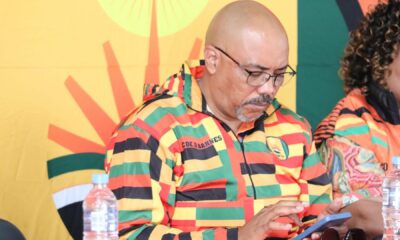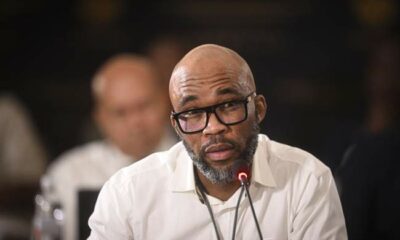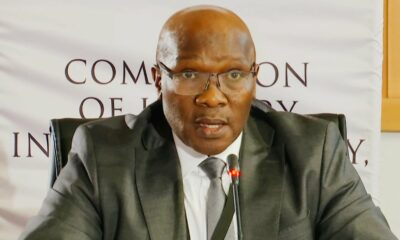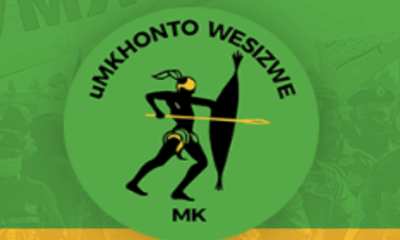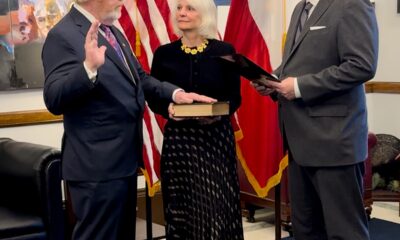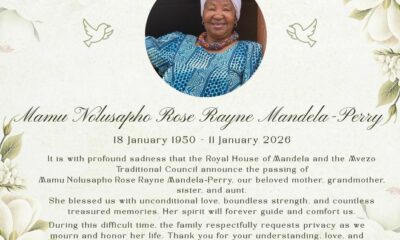News
Senzo Mchunu Faces Parliament Over Political Killings Task Team Shutdown
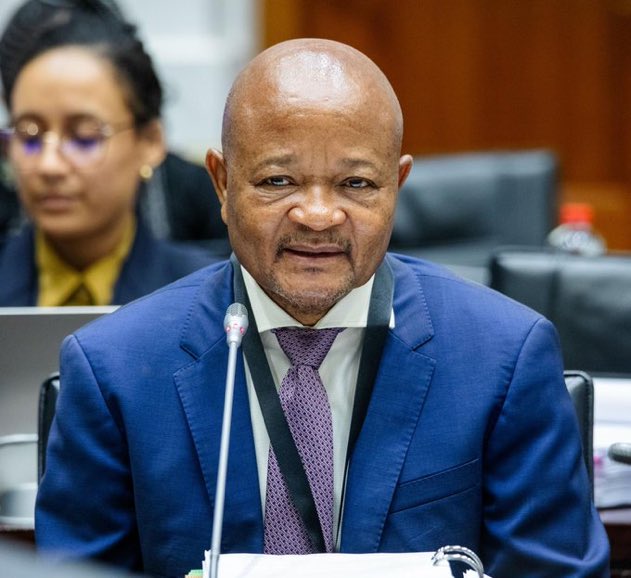
Senzo Mchunu Back in the Hot Seat Over Political Killings Task Team Closure
Suspended Police Minister Senzo Mchunu will face tough questions in Parliament this week as he returns to the witness chair to account for his controversial decision to disband the Political Killings Task Team (PKTT), a specialised unit established to investigate politically motivated murders, particularly in KwaZulu-Natal.
Mchunu’s testimony before Parliament’s Ad Hoc Committee on Alleged Interference in the Justice System comes at a time when South Africa’s policing credibility is already under heavy scrutiny. The hearings, which began earlier this month, aim to unpack explosive claims that organised crime has infiltrated the country’s law enforcement and intelligence agencies.
A Minister Under Suspension and Under Fire
Mchunu remains on special leave following allegations made by Lieutenant-General Nhlanhla Mkhwanazi, KwaZulu-Natal’s provincial police commissioner, who accused senior political figures and elements of the security establishment of meddling in investigations.
In July, Mkhwanazi publicly claimed that parts of South Africa’s justice system, from the police to intelligence structures, had been compromised by a sophisticated criminal network with ties to political elites. His allegations sent shockwaves through both the ruling African National Congress (ANC) and law enforcement circles, prompting Parliament to establish the current 11-member ad hoc committee.
The committee, chaired by ANC National Executive Committee member Soviet Lekganyane, includes representatives from the DA, EFF, MK Party, IFP, and PA, reflecting just how politically charged the investigation has become.
The Task Team That Once Took On Political Violence
The Political Killings Task Team was originally formed to tackle KwaZulu-Natal’s long-standing crisis of politically motivated murders a problem that has plagued the province since the transition to democracy. The unit’s work became especially important ahead of elections, when tensions between rival party factions often turned deadly.
Its sudden disbandment under Mchunu’s watch has raised eyebrows across the political spectrum. Critics argue the move could cripple ongoing investigations into political assassinations linked to local government positions, tender corruption, and intra-party power struggles.
Civil society groups and opposition parties have since called for the team’s reinstatement, saying its absence leaves whistleblowers, councillors, and community leaders dangerously exposed.
Parallel Investigations and Public Pressure
The Madlanga Commission of Inquiry, which is also probing allegations of political interference in policing, has already heard dramatic testimony connecting senior police officials, businesspeople, and even politicians to criminal networks operating in the country.
Mchunu’s upcoming testimony is expected to shed light on whether the disbandment of the PKTT was a procedural decision or part of a larger attempt to weaken investigations that threatened powerful interests.
Social media has been abuzz with frustration and speculation. Many South Africans, weary of hearing about “commissions and committees,” have voiced scepticism about whether the hearings will lead to accountability. One user wrote on X (formerly Twitter), “We’ve had years of task teams and inquiries but no justice for families who’ve lost loved ones to political killings.”
What’s at Stake
Beyond political optics, Mchunu’s testimony could determine how far-reaching the rot within South Africa’s justice system really is and whether Parliament has the will to confront it.
As the hearings continue, many observers see this moment as a litmus test for the Government of National Unity (GNU) and its promise to rebuild public trust in the state.
If Mkhwanazi’s allegations are proven true, they could expose one of the most serious breaches of integrity within South Africa’s policing structures since democracy began. If not, the hearings risk being dismissed as yet another political spectacle in a nation growing numb to scandal.
For now, all eyes are on Parliament as Mchunu steps forward to explain why a task team meant to fight political killings was suddenly dismantled and what that decision means for justice in a country already battling deep-seated corruption, factionalism, and fear.
The hearing continues this week.
{Source: IOL}
Follow Joburg ETC on Facebook, Twitter , TikTok and Instagram
For more News in Johannesburg, visit joburgetc.com

